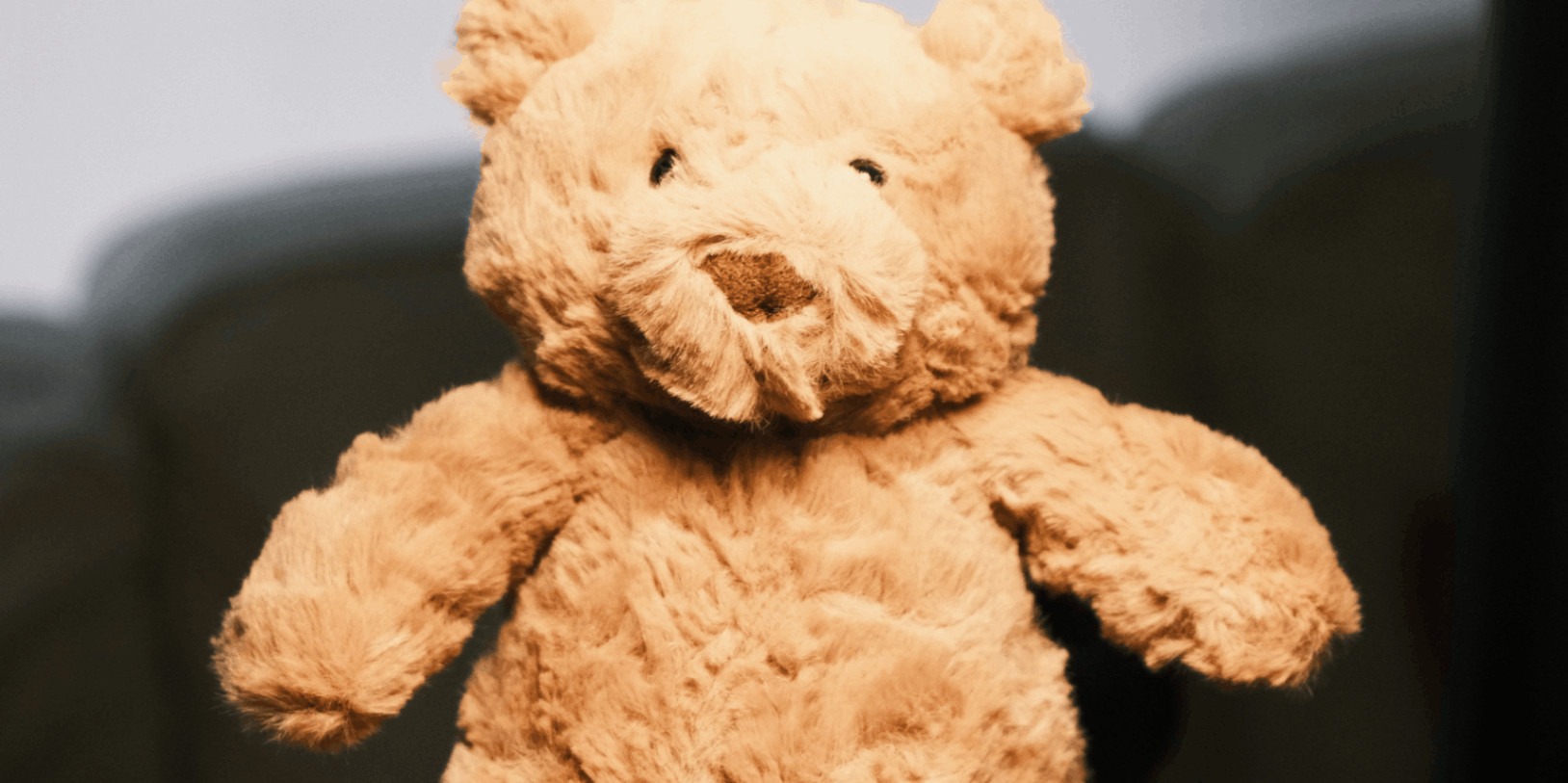The Jellycat craze: Why are so many adults obsessed with these cuddly creatures?
From bathrobe-wearing teddy bears to peanuts dressed in skiwear, Jellycats are pretty adorable.
Founded in London in 1999, the company experienced steady growth during its first two decades of operation, selling a limited range of classic soft toy designs, including bears and rabbits.
Then, just as the pandemic hit, the TikTok generation fell in love with an ever-growing range of deliberately collectable designs, all adorned with that now-synonymous smiley face. Suddenly, videos starring Jellycat toys were attracting millions of views and thousands of likes on social media.
Veteran and budding fans scrambled to purchase whatever Jellycats they could get their hands on, and the rest is history. According to their 2023 filing with Companies House, Jellycat’s revenues rose 37% to £200m during the space of just one calendar year, blowing long-time competitors like Steiff out of the water.
The company has certainly capitalised on their surge in popularity and profits. No longer content with conquering the soft toy world, Jellycat have tapped into the tourism market by opening themed ‘experiences’ in cities across the globe, often selling exclusive designs.
Selfridges in London offers a ‘Fish and Chip’ experience, where guests – who often queue out the door – get to ‘prepare’ exclusive Jellycats like Lily Fish and Amuseables Sausage as if they are in a live chip shop, before purchasing them for their collections.
When life feels unpredictable, we naturally seek ways to restore a sense of control and emotional safety
New York City’s FAO Schwarz, on the other hand, salutes characters like Amuseables Bagel and Slice of Pizza, all inside an American diner-themed store.
But why is it that so many adults have been caught up in the Jellycat craze?
Amanda Hope, a 36-year-old software specialist from Surrey, estimates that she has spent north of £3,000 on her vast collection of Jellycat dragons, foxes, and penguins.
“They are just so cute and cuddly,” she told BBC News earlier this year. “There is something so irresistible about their happy little faces.”
But Hope is not alone. Similar sized collections can be found all over social media, with many influencers filming unboxing videos or ‘Jellycat hunts’ to find one specific toy.
“When life feels unpredictable, we naturally seek ways to restore a sense of control and emotional safety, often through small rituals, purchases, or routines that bring predictability or nostalgia,” explained psychotherapist Quinn Harper-Thorpe to Glamour magazine.
Jellycat’s smiling faces, then, are not simply surface-level stuff. They can actually help improve our emotional state in times of trouble. According to Harper-Thorpe, they “trigger feelings of warmth and safety through both nostalgia and sensory smoothing … and calm the nervous system.”
Another source of the adult obsession with Jellycats is the price point. Retailing from £12 all the way to an unbelievable £1,200, they are pretty pricey – no child, other than perhaps Prince George, could ever dream of owning some of the more exclusive designs, but adults see them as desirable and collectable.
Cutting off so many independent businesses has left a bad taste in the mouths of many fans
It’s a shame, then, that when Jellycat have given so much happiness to so many lives around the world, they squander so much of their goodwill by shunning the very people that have helped turn the company into the global phenomenon it is today.
Earlier this year, Jellycat dropped one hundred of its official stockists – mostly local, independently-run businesses – citing a new “brand elevation strategy”.
“Unfortunately, we’re not able to support every shop that wants to stock our products and, after very careful consideration, we recently reviewed our relationship with some stores,” the company said in a statement.
Many of these stores, including Rumours in Whitby, North Yorkshire, had been selling Jellycats since the company’s earliest days.
“We were absolutely gutted,” Rumours manager Joe Orrell told BBC News. Sales of Jellycats made up a “significant portion” of the store’s income.
Whether Jellycat went viral just that little bit too soon remains to be seen. Cutting off so many independent businesses has left a bad taste in the mouths of many fans, but if anything can repair that relationship, it’s Jellycat’s infinite smiling faces.
With their new Christmas releases already flying off the shelves, our obsession with Bartholomew Bear, Timmy Turtle, and, of course, Swinley Boar, doesn’t seem like dwindling anytime soon.

Comments